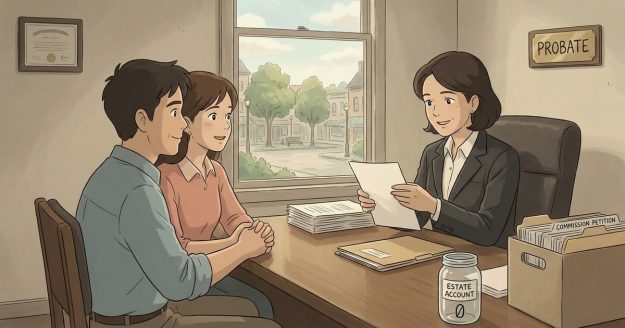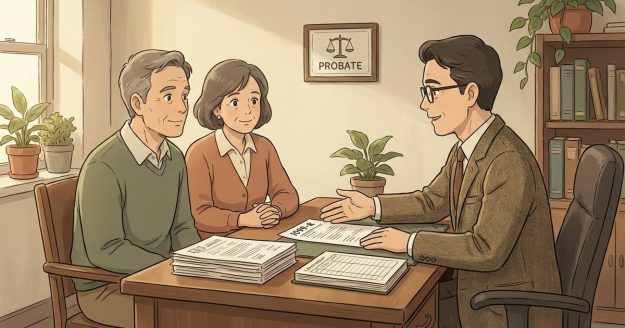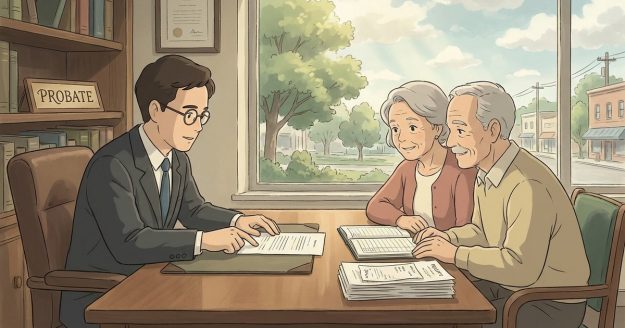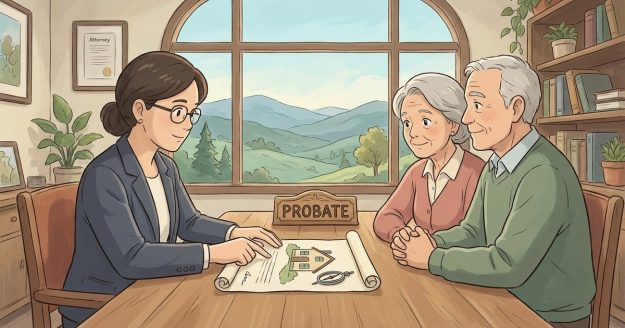What happens if the estate is closed before a property that was supposed to be sold is actually sold? NC
What happens if the estate is closed before a property that was supposed to be sold is actually sold? – North Carolina Short Answer In North Carolina, closing an estate usually means the clerk of superior court approved the personal representative’s final account and the personal representative was discharged. If real property still exists and…











